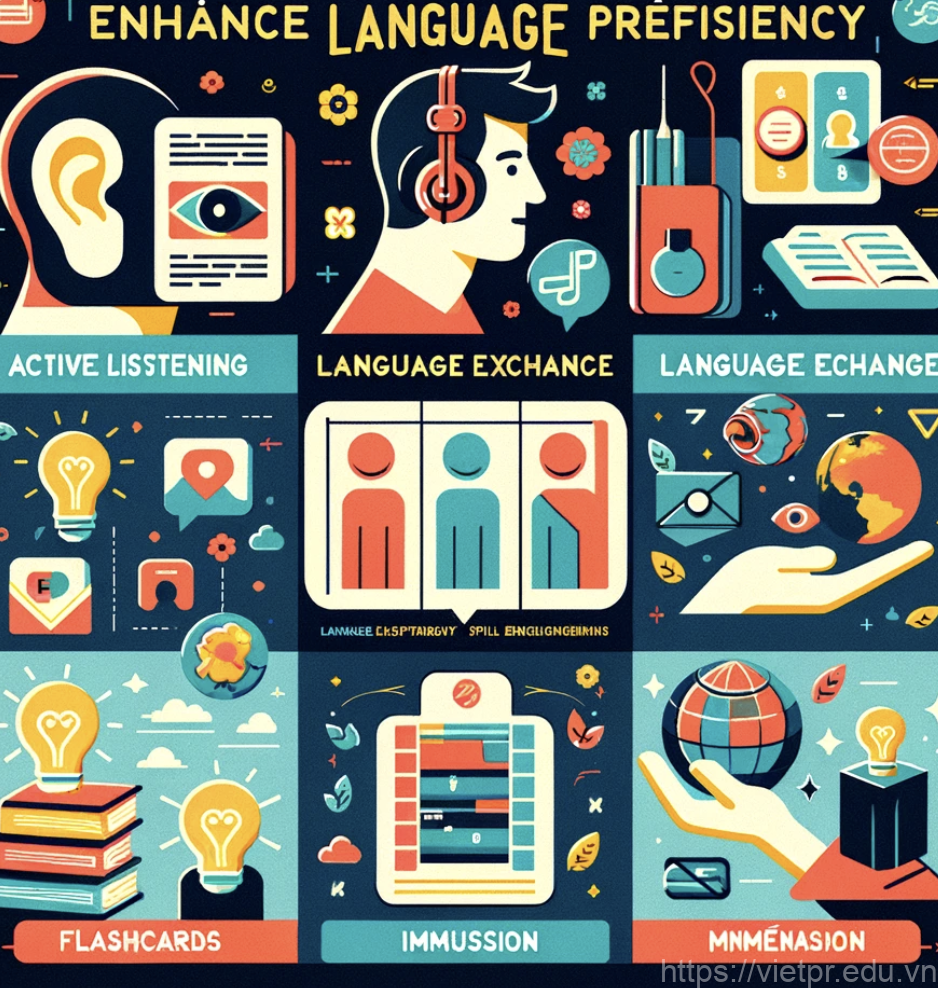accelerated language learning techniques
Are you looking to rapidly enhance your language skills? Look no further than VietprEducation! In this article, we will explore a variety of accelerated language learning techniques that can help you boost your language proficiency. Whether you’re a beginner or already have some knowledge of the language, these techniques, such as active listening, language exchange, flashcards, immersion, and mnemonics, will accelerate your learning process and improve your fluency. Discover the power of accelerated language learning techniques and take your language skills to new heights with VietprEducation.
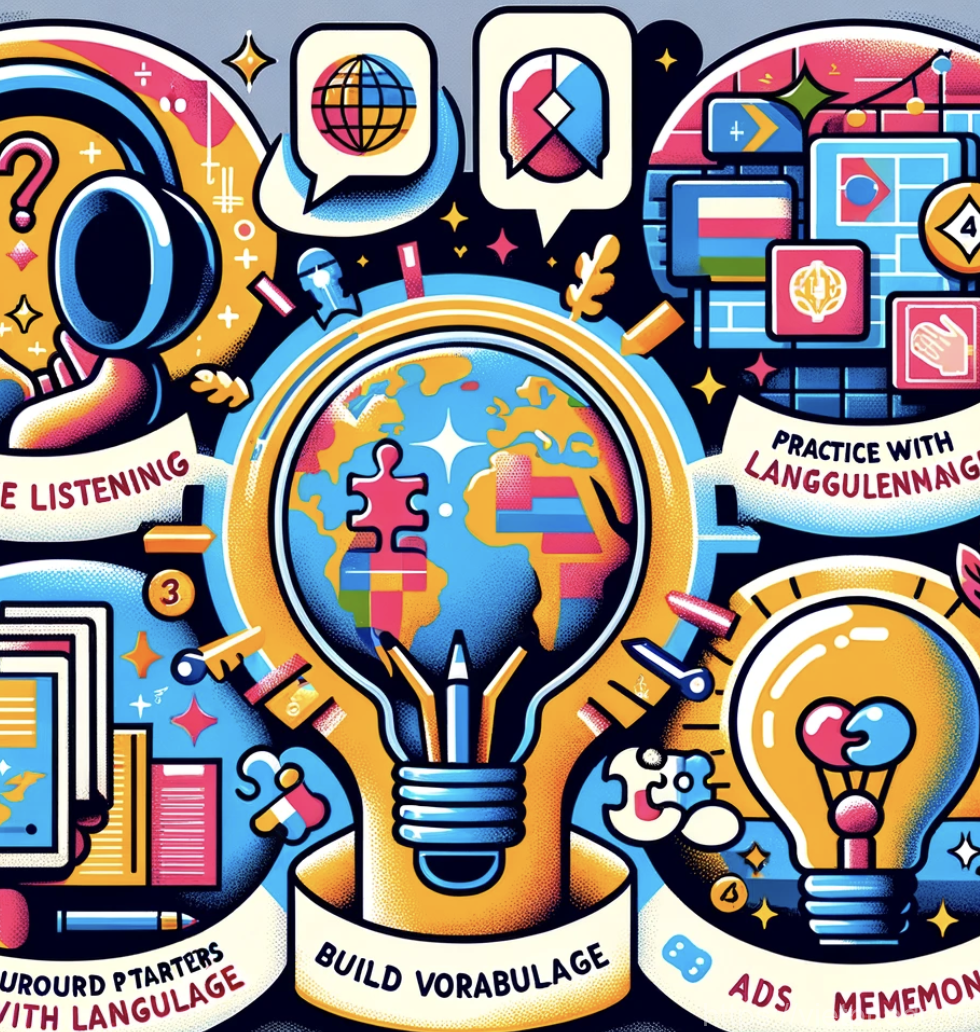
| Technique | Description |
|---|---|
| Active Listening | Improves listening comprehension and pronunciation skills by listening to native speakers. |
| Language Exchange | Enhances speaking and listening skills through practice with a language partner. |
| Flashcards | Builds vocabulary and retention of new words through the use of flashcards. |
| Immersion | Improves listening, speaking, and comprehension skills by surrounding yourself with the target language. |
| Mnemonics | Aids memory and retention of new words by creating associations with familiar concepts. |
Accelerated Language Learning Techniques: An Introduction
Are you ready to supercharge your language learning journey? In this section, we will explore a range of effective techniques that can accelerate your language acquisition process. Whether you’re learning a new language for travel, work, or personal growth, these techniques will help you make significant progress in a shorter period of time.
The Benefits of Accelerated Language Learning Techniques
By implementing accelerated language learning techniques, you can:
-
- Enhance your language skills at a faster pace.
-
- Improve your listening, speaking, reading, and writing abilities.
-
- Gain confidence in using the language in real-life situations.
-
- Maximize your study time and make the most out of each session.
How to Use This Guide
In this guide, we will delve into five key accelerated language learning techniques:
-
- Active Listening: Develop your listening comprehension and pronunciation skills by actively engaging with native speakers.
-
- Language Exchange: Enhance your fluency and communication skills by finding a language partner to practice with.
-
- Flashcards: Expand your vocabulary and improve word retention through the use of flashcards.
-
- Immersion: Surround yourself with the target language to immerse yourself in its sounds, expressions, and culture.
-
- Mnemonics: Utilize memory techniques to aid in remembering new words and concepts.
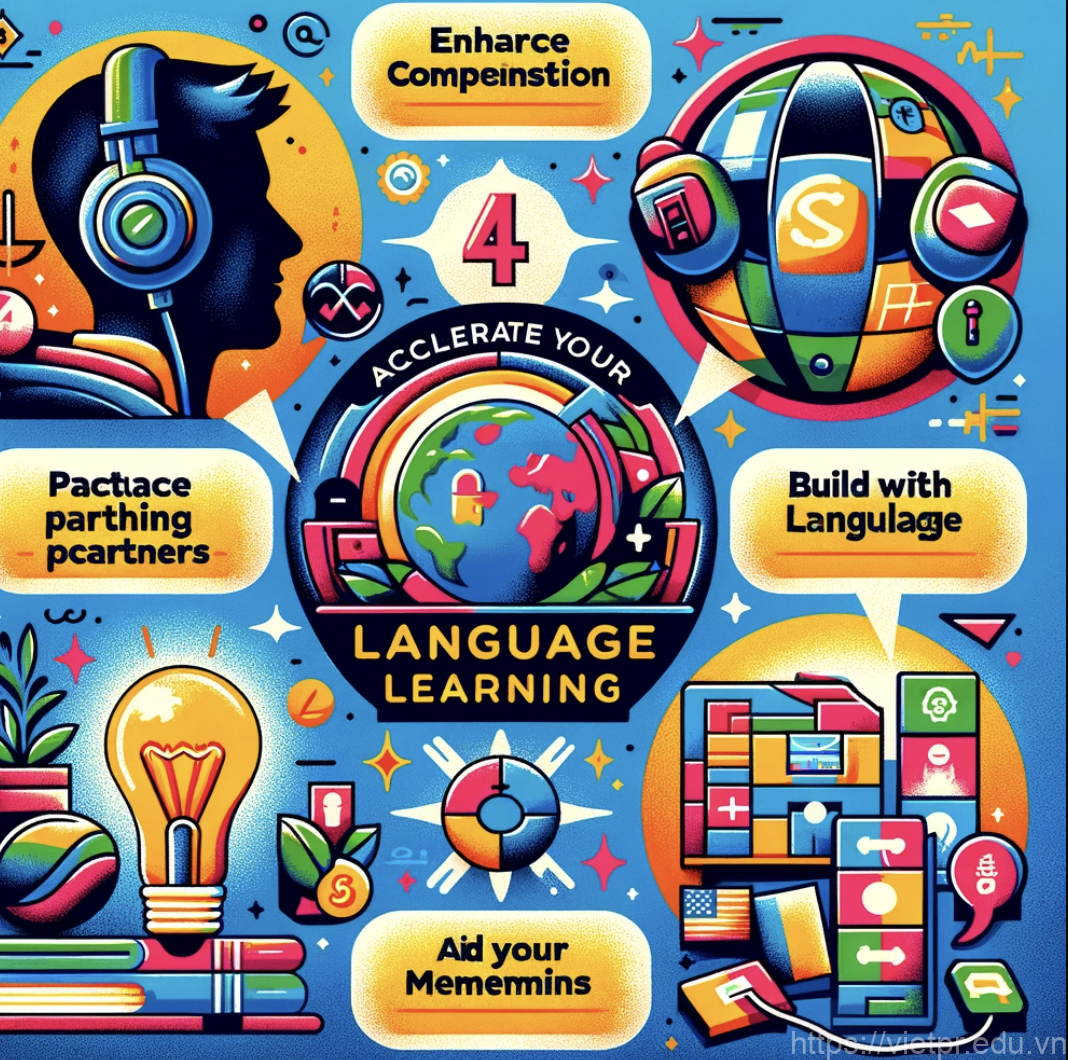
The Power of Active Listening in Language Learning
Active listening is a crucial technique for improving your language skills. By actively engaging with native speakers, you can enhance your listening comprehension and pronunciation skills. Here’s why active listening is so effective:
Improved Listening Comprehension
When you actively listen to native speakers, you expose yourself to authentic language use, including natural speech patterns, vocabulary, and pronunciation. This exposure helps train your ear to understand the language more effectively.
Tips for Active Listening:
-
- Choose authentic audio materials, such as podcasts or interviews, in the target language.
-
- Focus on understanding the overall message rather than getting caught up in every word.
-
- Take notes on new vocabulary or phrases that you encounter during your listening sessions.
Enhanced Pronunciation Skills
Active listening allows you to pay close attention to the pronunciation of native speakers and mimic their intonation, rhythm, and accent. By imitating their speech patterns, you can improve your own pronunciation and sound more natural when speaking the language.
Tips for Improving Pronunciation through Active Listening:
-
- Listen to recordings or podcasts that feature native speakers with clear pronunciation.
-
- Repeat after the speaker, focusing on mimicking their intonation and rhythm.
-
- Record yourself speaking and compare it to the native speaker’s pronunciation to identify areas for improvement.
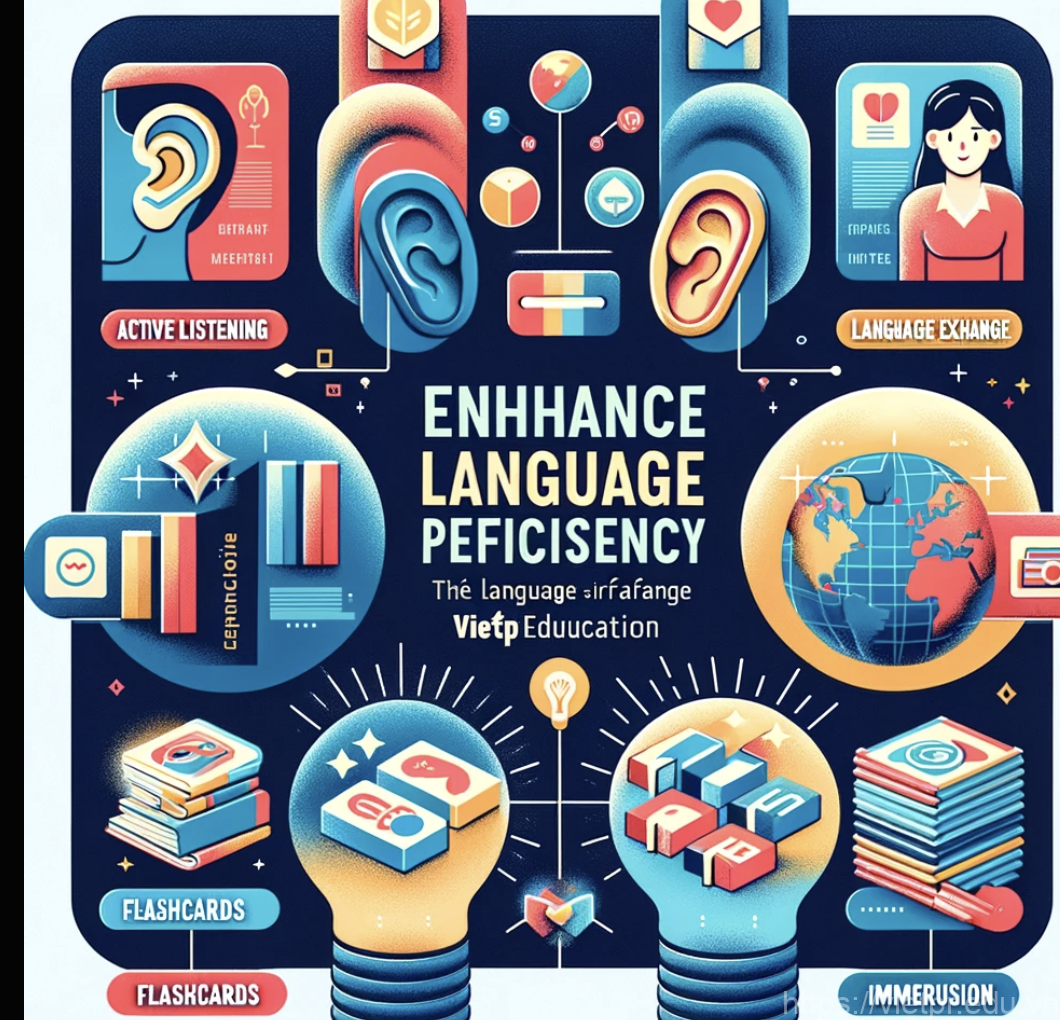
Language Exchange: Enhancing Fluency and Communication Skills
Language exchange is a powerful technique for improving your fluency and communication skills in the target language. By finding a language partner who speaks the language you’re learning, you can engage in conversations and practice using the language in a real-life context. Here’s why language exchange is so beneficial:
Opportunity for Real-Life Conversations
Language exchange provides you with the opportunity to have authentic conversations with a native speaker. This allows you to practice using the language in a natural and meaningful way, helping you improve your fluency and gain confidence in your communication skills.
Tips for Effective Language Exchange:
-
- Find a language partner who is fluent in the target language and interested in learning your native language.
-
- Set specific goals for each language exchange session, such as discussing a particular topic or practicing a specific grammar point.
-
- Take turns speaking in each language to ensure a balanced exchange of language practice.
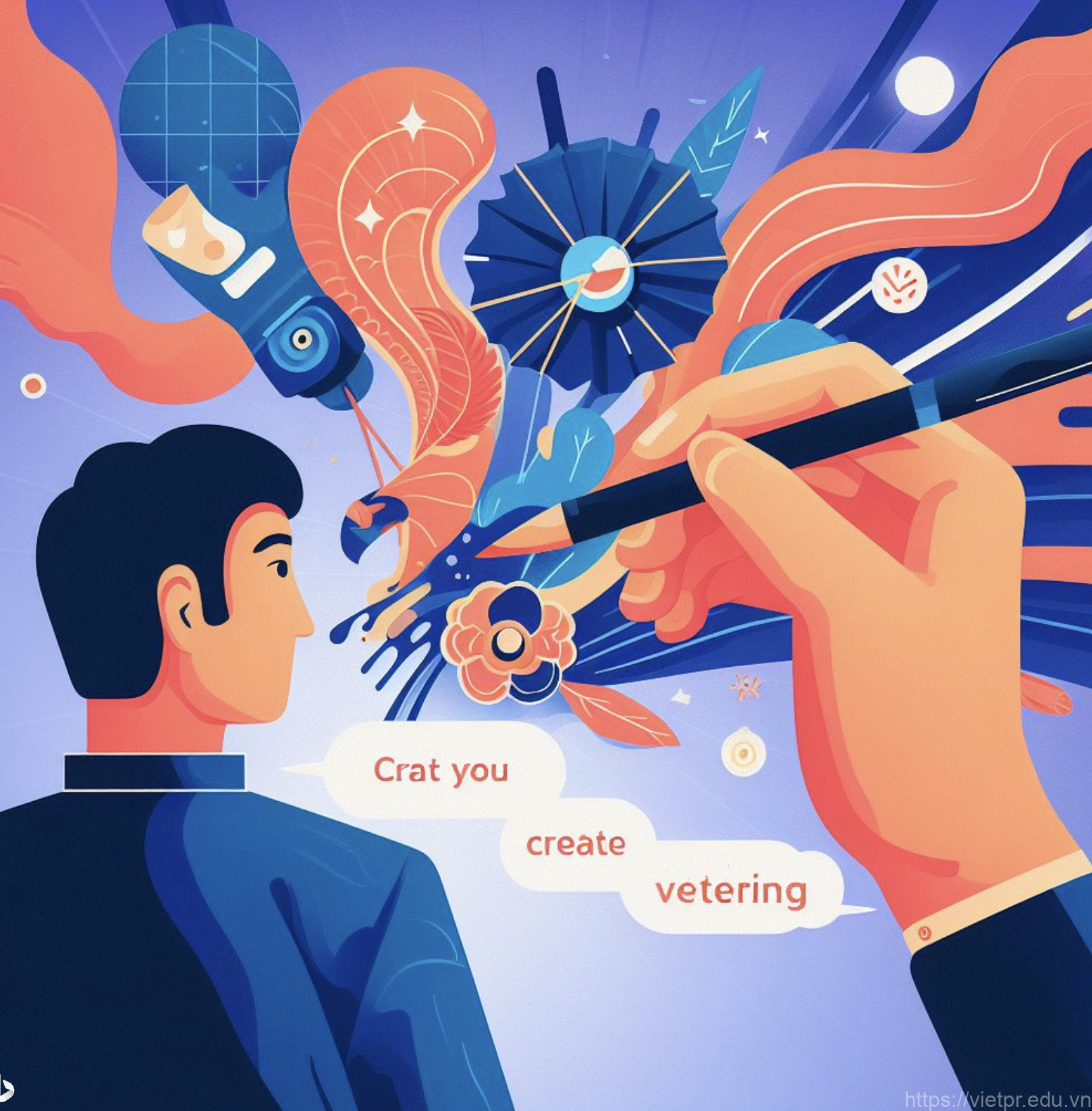
Flashcards: Building a Strong Vocabulary Foundation
Flashcards are a valuable tool for language learners to build a strong vocabulary foundation. By creating flashcards with vocabulary words and phrases in the target language, you can enhance your vocabulary and improve your retention of new words. Here’s why flashcards are an effective technique:
Active Learning and Repetition
When you create flashcards, you actively engage with the language by writing down the words and their meanings. The process of reviewing the flashcards repeatedly reinforces your memory and helps you retain the vocabulary more effectively.
Tips for Using Flashcards:
-
- Write the target word or phrase on one side of the flashcard and its translation or definition on the other side.
-
- Review your flashcards regularly, testing yourself on both sides to reinforce your memory.
-
- Use spaced repetition techniques, focusing more on the words you find challenging or tend to forget.
Portable and Convenient Learning
Flashcards are portable and convenient, allowing you to study anytime and anywhere. You can carry them in your pocket or bag, making it easy to review vocabulary during short breaks or while commuting.
Tips for Portable Flashcard Learning:
-
- Create a small set of flashcards that you can easily carry with you.
-
- Utilize mobile apps or online platforms that offer digital flashcards for on-the-go learning.
-
- Take advantage of idle moments throughout the day to review your flashcards, such as waiting in line or during lunch breaks.
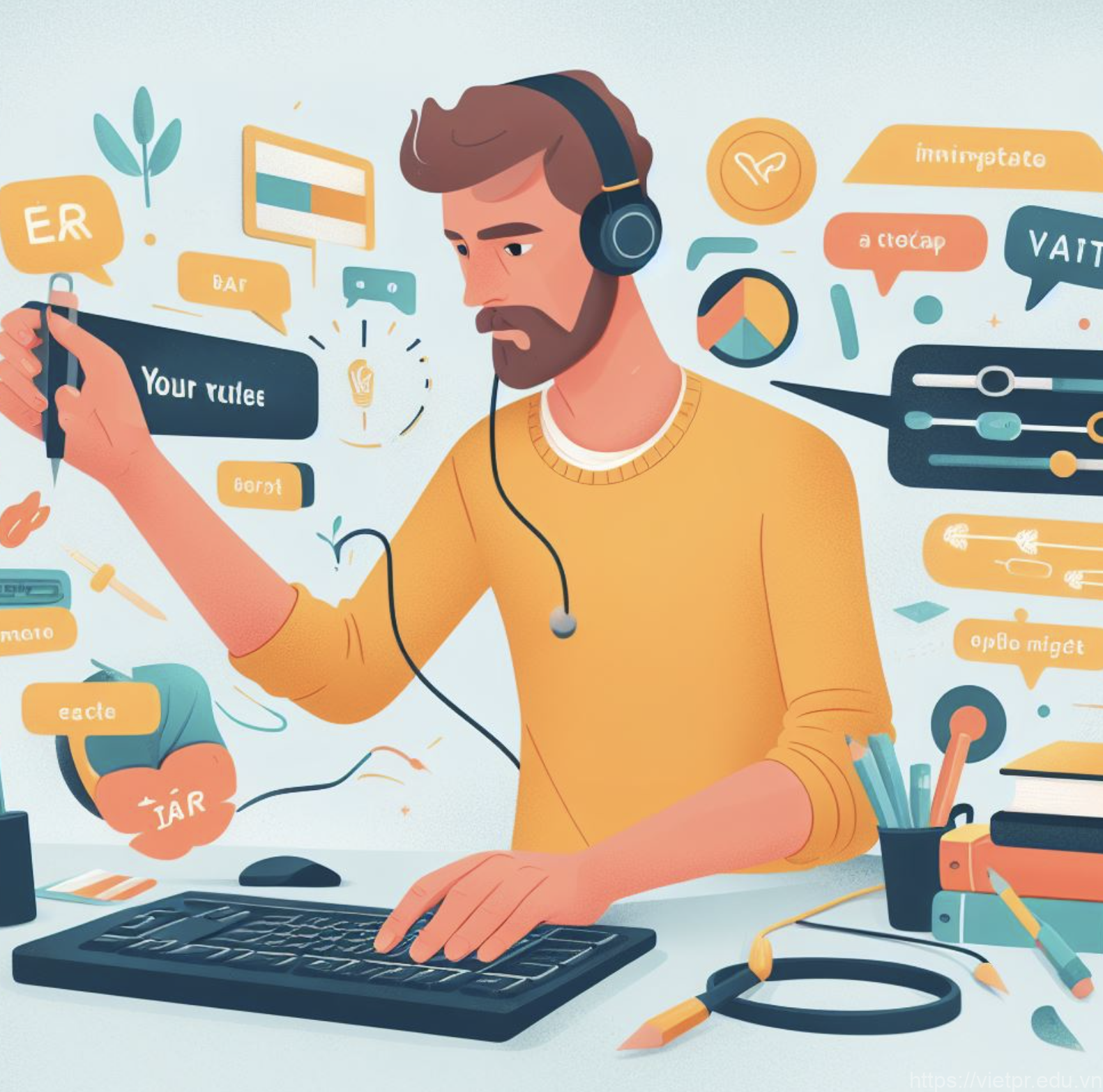
Immersion: Immerse Yourself in the Language for Rapid Progress
Immersion is a highly effective technique for language learning, as it involves surrounding yourself with the target language as much as possible. By immersing yourself in the language, you can accelerate your listening, speaking, and comprehension skills. Here’s why immersion is so powerful:
Enhanced Listening Skills
Through immersion, you expose yourself to the sounds and rhythms of the language on a consistent basis. This constant exposure helps train your ear to understand the language more effectively and improves your listening skills.
Tips for Immersion:
-
- Watch movies, TV shows, or listen to podcasts in the target language.
-
- Listen to music or radio stations that feature songs or programs in the language.
-
- Engage in conversations with native speakers or language exchange partners to practice your listening skills.
Improved Speaking and Comprehension
By immersing yourself in the language, you create opportunities to practice speaking and improve your comprehension skills. Regular exposure to the language helps you become more comfortable with its vocabulary, grammar, and expressions.
Tips for Immersive Speaking and Comprehension:
-
- Engage in conversations with native speakers as often as possible.
-
- Join language groups or communities where you can practice speaking with others who are learning the language.
-
- Read books, newspapers, or online articles in the target language to improve your comprehension skills.

Mnemonics: Unlocking the Power of Memory in Language Acquisition
Mnemonics are memory techniques that can greatly aid in language acquisition. By creating associations between new words or concepts and things you already know, mnemonics help improve memory and retention. Here’s why mnemonics are a valuable tool:
Enhanced Memory and Retention
Mnemonics provide a way to connect new information with existing knowledge, making it easier to remember and recall vocabulary words or grammar rules. This technique taps into the power of association, allowing you to create meaningful connections that aid in memory retention.
Tips for Using Mnemonics:
-
- Create vivid mental images or stories that link the new word or concept with something familiar to you.
-
- Use acronyms or initialisms to remember a series of related words or phrases.
-
- Utilize visualization techniques to picture the word or concept in your mind.

Conclusion: Embrace Accelerated Language Learning Techniques for Success
By incorporating accelerated language learning techniques into your language learning journey, you can make significant progress and achieve success in acquiring a new language. Techniques such as active listening, language exchange, flashcards, immersion, and mnemonics provide effective strategies to enhance your language skills and accelerate your learning process. Whether you’re a beginner or an intermediate learner, these techniques offer valuable tools to improve your listening, speaking, reading, and writing abilities. Embrace these techniques, practice consistently, and watch as your language skills soar to new heights.
